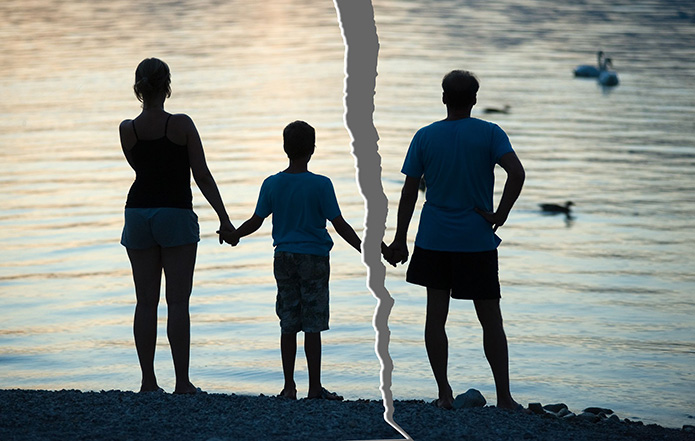
Child custody is one of the most contentious issues in family law. When parents divorce, they must decide on the custody arrangements for their children. The two most common types of child custody are joint custody and sole custody. In this article, we will weigh the pros and cons of joint custody and sole custody for parents and children.
Joint Custody:
Joint custody is when both parents share the responsibility for raising their children. There are two types of joint custody: joint physical custody and joint legal custody.
Pros:
Shared Responsibility: Joint custody allows both parents to be involved in the upbringing of their children. This shared responsibility can help children develop better relationships with both parents.
Consistent Routine: Joint custody allows children to maintain a consistent routine between both homes. This can help children feel more secure and stable.
:max_bytes(150000):strip_icc()/GettyImages-168360249-5861955f3df78ce2c3fa1cd5.jpg)
Less Conflict: Joint custody can reduce the conflict between parents. This can create a more harmonious environment for the children.
Cons:
Logistics: Joint custody requires parents to communicate and coordinate their schedules. This can be difficult if the parents have different work schedules or live far apart.
Travel Time: Joint custody can require children to spend a significant amount of time traveling between homes. This can be stressful and time-consuming for children.
Unequal Parenting: Joint custody can lead to unequal parenting time if one parent is not as involved as the other. This can be frustrating for the more involved parent and confusing for the children.
Sole Custody:
Sole custody is when one parent has the primary responsibility for raising the children. The other parent may have visitation rights, but they do not have the same level of responsibility as the custodial parent.
Pros:
Stability: Sole custody can provide stability for children. They have a consistent routine and a primary caregiver who is responsible for their needs.
Simplicity: Sole custody is simpler for parents because there is no need to coordinate schedules or negotiate with the other parent.
Protection: Sole custody can protect children from a parent who may be unfit or abusive.
Cons:

Limited Contact: Sole custody can limit the amount of contact a child has with the non-custodial parent. This can be difficult for both the parent and the child.
One-Sided Parenting: Sole custody can lead to one-sided parenting, where one parent has all the responsibility for the children. This can be overwhelming and exhausting for the custodial parent.
Conflict: Sole custody can increase the conflict between parents. The non-custodial parent may feel excluded and resentful, leading to increased conflict and tension.
Both joint custody and sole custody have their pros and cons. Joint custody can provide a shared responsibility and consistency for children, but it can also require more coordination and travel time. Sole custody can provide stability and simplicity, but it can also limit contact and increase conflict. Ultimately, the best custody arrangement is one that is in the best interests of the children and works for both parents.









